
Finding hot spots on dogs can lead to outright panic. These sores can look — and feel — painful, not to mention scary. They also spread frequently until the underlying condition is properly addressed, sometimes with the aid of your vet and medication.
But don’t stress too much if you find itchy hot spots on your canine’s skin, since they’re almost always fixable. With a little help from you and the dog doc, you’ll have your pup back to 100% in no time.
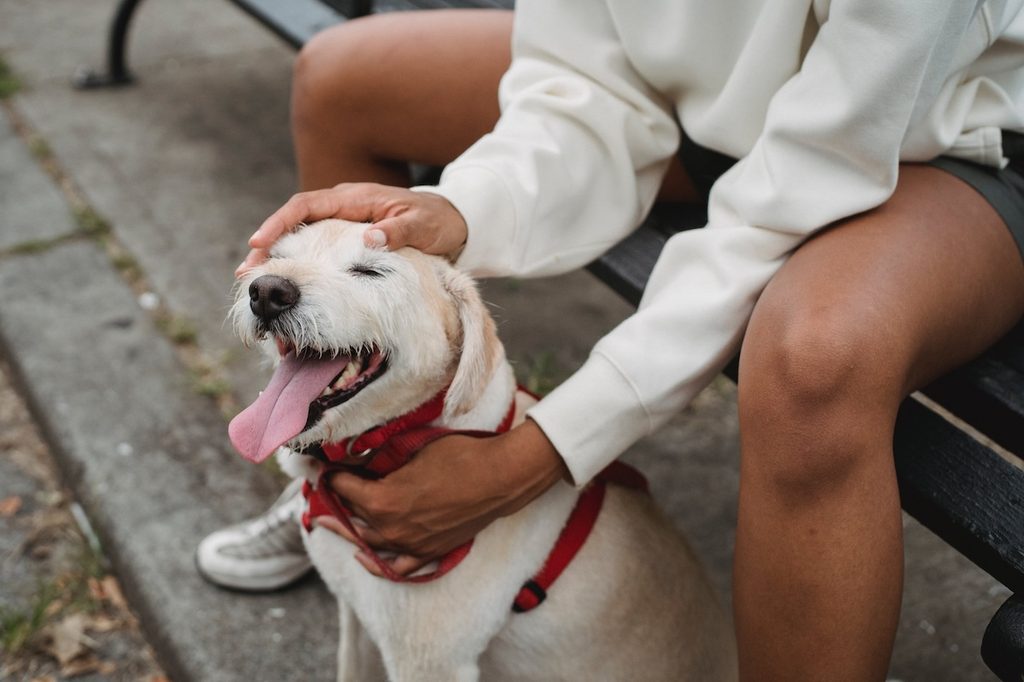
What are hot spots on dogs?
If you don’t know what we’re talking about, picture an itchy red blotch on your pooch’s skin and you’ll understand what a hot spot looks like. A form of dermatitis, these skin lesions can send you spiraling down an internet rabbit hole, though rarely stem from something super serious. Instead, the most common causes of this condition include allergies, insect site reactions, ear infections, arthritis, and even scratching from boredom.
While they can technically appear anywhere, you’ll most likely stumble upon a hot spot when examining your pup’s head and legs. Part of the problem comes from your sweet pet licking the itch, which only makes it worse. That’s why you’ll take a multi-pronged approach to treating this condition.
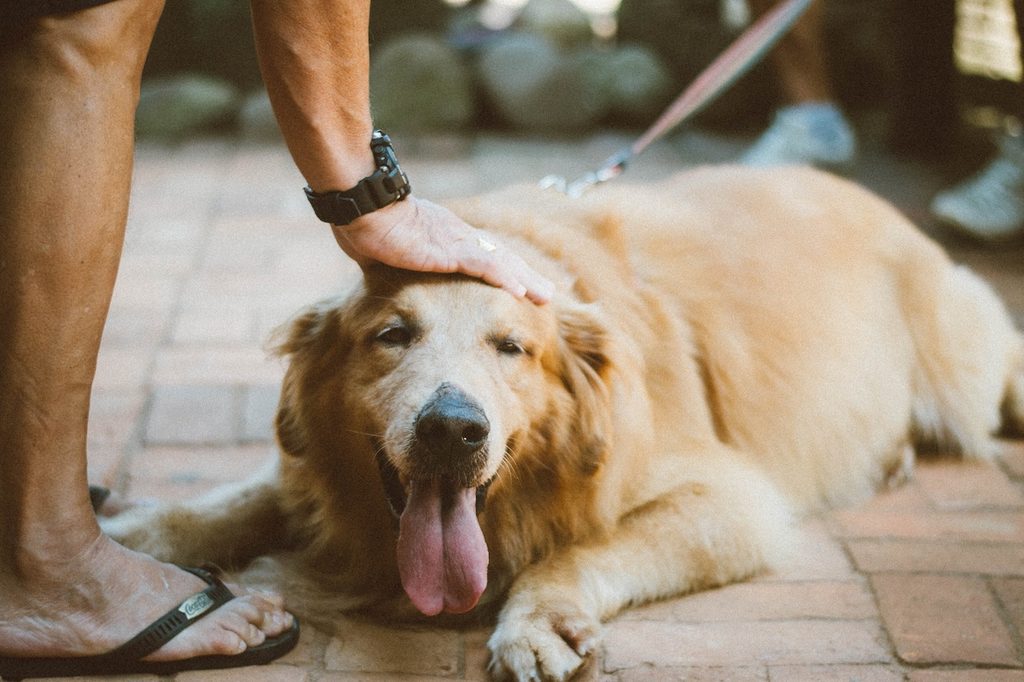
What dog breeds get hot spots?
While the above causes certainly best explain the root of hot spots, these scratchy areas often appear in certain breeds, particularly those with long, thick hair. They also frequently present in buds with floppy ears and actually can follow certain activities that affect both ear and fur.
Warm weather and swimming may increase your animal’s risk of developing a hot spot, as do issues with their anal glands. In particular, keep an extra eye out if you have a Newfoundland, German shepherd, or golden retriever.
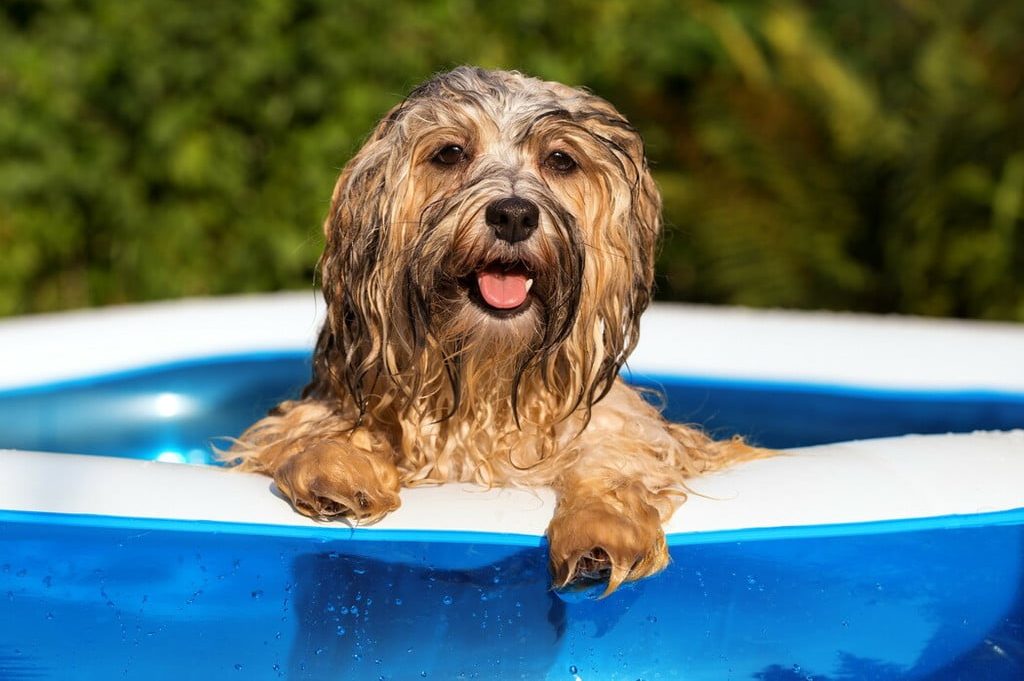
How to prevent hot spots?
Luckily, a little goes a long way in preventing hot spots from developing. Although no one thing completely eliminates all the underlying concerns, you can take steps to keep them at bay or prevent the problem altogether. For starters, always thoroughly dry your beastie after swimming, a walk in the rain, or a bath.
In addition, keep their ears totally free of water as much as possible (never put the dog’s whole head under a faucet during bathing, for example). Even brushing, anal gland expression, and flea meds will take care of a huge part of the problem and hopefully keep your canine hot spot free.
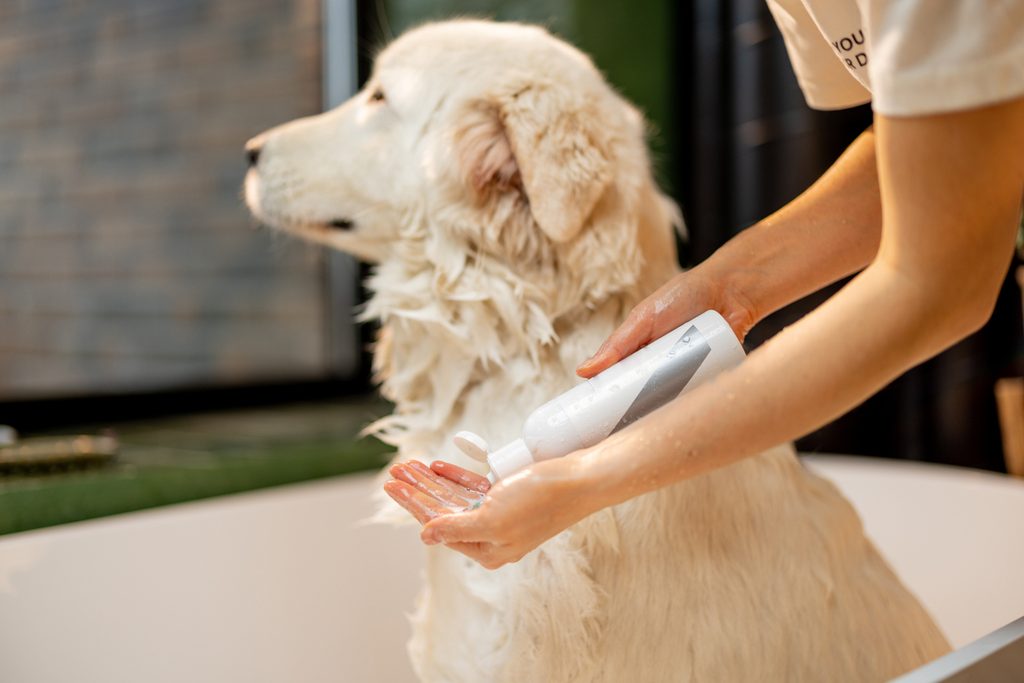
How do I treat a hot spot on my dog?
While we want all pet parents to get to prevention, sometimes hot spots are inevitable, especially if you have recently taken in a new dog and are still working on getting them up to snuff. First, make sure the spot isn’t infected. Hot spots are called that specifically because they can run a little warm, but you’ll notice the flaming heat of infection. Also, oozing generally indicates that something more is up and may require formal treatment (more on that in the next section).
Assuming you’re already a pro or have gotten the OK from your vet to continue on your own, you only need a few things to address this issue. First, you should clean the spot with soap and warm water. Afterward, pat it dry gently before applying any topicals. You can use Neosporin and a hydrocortisone cream to further fix the issue. Once it heals up, stop treatment and allow it to heal on its own.
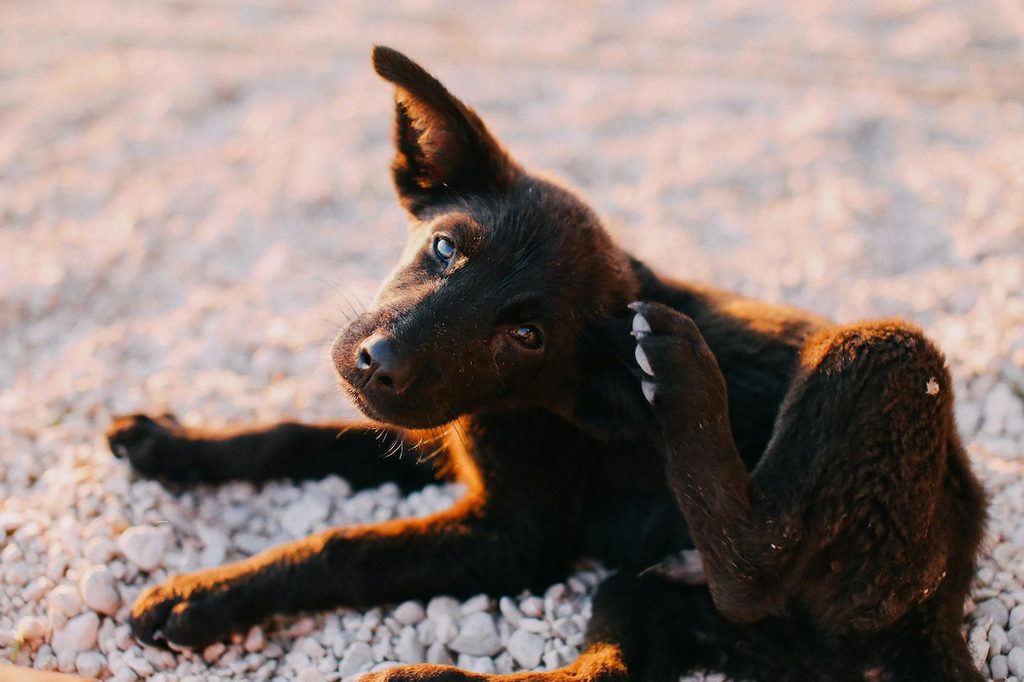
When do hot spots require vet care?
Your dog doctor can help you through this whole process, helping with prevention, care, and emergencies. When the first hot spot appears, you really should check in and make sure there aren’t any underlying issues. However, you could wind up with a buddy that’s prone to these and will need to get the routine down. Any time you find one, keep an eye on it to watch for signs of infection or other more serious issues. That’s the signal to get further care, which can include antibiotics or prescription steroids.
Hopefully, you’ll never encounter hot spots, and your pup-pup never gets these unhappy wounds. However, if you wind up with a dog that has them, don’t worry. You can take a few preventative measures to keep these from coming back. Regular checkups, parasite preventatives, and consistent bathing will all make hot spots less likely. There’s one more thing to be mindful of: Try to stop your fur baby from scratching, as that will only make it worse and risk infection. Creams will help, and you can stop them by catching your pet in the act. You’ll have their skin perfectly healthy in no time.




